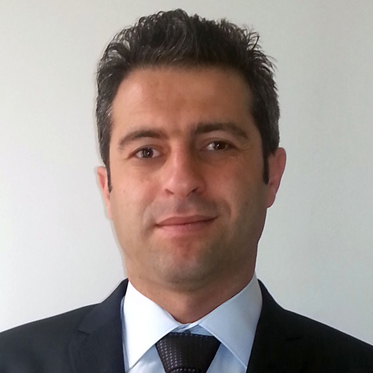Syrian Kurds plan first elections for federal administration
QAMISHLO, Syrian Kurdistan (Kurdistan 24) – Officials in the Kurdish-led administration in northern Syria said on Tuesday they have begun preparing for the first local elections, a move toward consolidating a federal system in their regions.
Speaking to Kurdistan 24, Ruken Mele Ibrahim, head of Election High Commission in the Jazira canton of Rojava, said the first round of elections would be for local councils known as Communes, neighborhood-based organized groups.
“Commune elections have nothing to do with politics, the list is open to everybody,” she said.
“Everyone is allowed to vote and present themselves as a candidate,” she added.
However, officials of Syria's Kurdish National Council (ENKS) view the election as illegal.
They claim the vote to establish a federal system has only been accepted by one political party.
Hesen Saleh, an ENKS member in Qamishlo, said they would not participate in the election without international recognition or supervision.
“A federal administration should be created through dialogue and with the approval of all parties,” he said.
“International recognition is needed and Kurds should be united in such an undertaking,” he further pointed out.
The Commune elections will be held on September 22 at the municipal level, followed by the election of local councils for larger districts in November.
Next January, elections will be held to establish a decentralized system for the area as a whole.
The dominant Kurdish groups in northern Syria have carved out self-governing regions early in the years-long civil war, but have cautioned they are not seeking independence from Damascus.
Syrian President Bashar al-Assad has tolerated Kurdish control over parts of the country but says he opposes the decentralized federal system they espouse and has described their ruling councils as “temporary structures”.
(Additional reporting by Ferhad Ehme from Qamishlo)
Editing by G.H. Renaud
